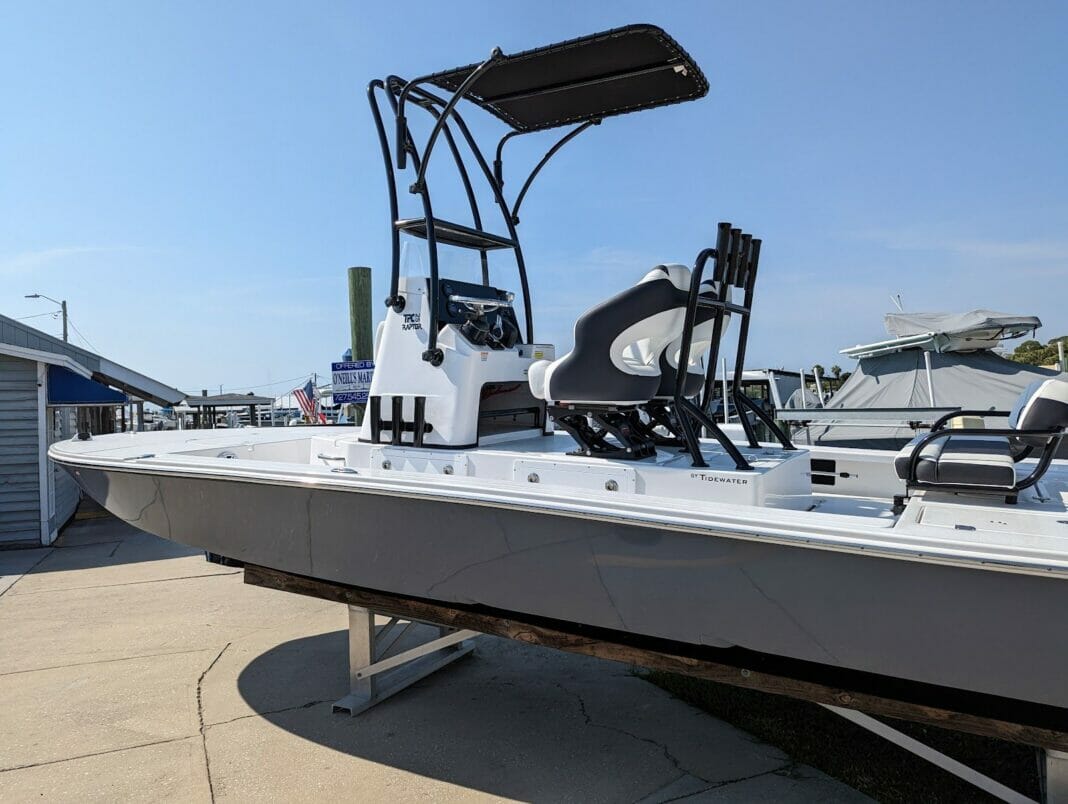Purchasing a pre-owned boat from a private seller can be a great way to enter the world of boat ownership or upgrade your current vessel without breaking the bank. However, to ensure you get the best deal and avoid potential headaches, it’s essential to know what to look for and what questions to ask. This ultimate guide will help you navigate the process of buying a second-hand boat from a private seller, ensuring you make an informed decision and enjoy many happy hours on the water.
Before You Begin: Research and Budget
Identify Your Needs and Wants
Before you start your search, it’s essential to identify your specific needs and wants in a boat. Will you use the boat primarily for fishing, cruising, or water sports? How many passengers do you want to accommodate? Are there any specific features you’re looking for? List these out to ensure you target your search to boats that will suit you and your family best.
Determine Your Budget
On top of purchase price, account for additional costs such as insurance, slip fees, fuel, and maintenance. Having a clear budget helps to narrow your search and avoid overspending.
Searching for the Perfect Pre-Owned Boat
Where to Look
There are several places to search for pre-owned boats:
- Online classifieds (e.g., Craigslist and Boat Trader)
- Social media groups for local boating enthusiasts
- Local marinas and yacht clubs
- Word of mouth from friends and family
Assessing the Ad
As you comb through the ads, ask yourself these questions:
- Is the price reasonable for the boat’s age, size, and features?
- Are maintenance records available?
- Does the seller mention any glaring problems or recent repairs?
Contacting the Seller and Scheduling a Viewing
When preparing to contact the seller and schedule a viewing, it’s important to have a list of questions that will potentially save you time if any red flags arise.
Questions to Ask the Seller
- Why are they selling the boat?
- How long have they owned it and how often was it used?
- Where was the boat stored or moored?
- Are there any known issues or recent repairs?
- Are maintenance records available?
If you’re satisfied with the seller’s answers, arrange for a viewing.
Viewing and Inspecting the Boat
This stage is crucial as it provides the opportunity to scrutinize every detail of the boat. Take your time and remember that appearances can be deceptive.
On-Deck
- Check for soft spots, cracks, or damage on the hull and deck.
- Inspect the steering mechanism, cables, and pulleys for wear and tear.
- Examine the windlass, cleats, and winches for damage or corrosion.
- Check the upholstery and seating for rips, wear or mildew.
- Inspect the canvas and bimini tops for damage or wear.
Below Deck
- Inspect the electrical systems, including the battery, switches, and fuse box.
- Evaluate the plumbing and septic systems for leaks or damage.
- Examine the flooring and walls for water damage or dry rot.
- Check the condition of the galley and head facilities.
- Inspect the bilge pump and assess the moisture in the bilge area.
Engine and Mechanical Systems
- Determine the condition and age of the engine and transmission.
- Check the oil and coolant levels.
- Look for signs of leaks, rust, or corrosion around the engine.
- Inspect the drive system or propellers for damage or wear.
- Survey the fuel tanks for leaks or signs of contamination.
Test Drive and Survey
Test Drive
A test drive allows you to make sure everything is in good working order and that the boat handles well. During the test drive:
- Listen for unusual engine noises or vibrations.
- Assess the steering response, speed, and maneuverability.
- Test the throttle and gear shifts.
Marine Survey
While optional, it’s wise to hire a certified marine surveyor to perform an independent assessment of the boat, uncovering possible hidden issues that could save you from making a bad investment.
Negotiating the Price and Finalizing the Sale
If the boat meets your requirements and passes inspections, prepare to negotiate with the seller. Be armed with data on similar boats’ market values and quotes for any needed repairs.
Finalizing the Sale
You and the seller must sign a bill of sale, and a title transfer will need to be completed with your state’s boating agency. Finally, ensure that you have insurance coverage in place.
Armed with this ultimate guide, you are now equipped to navigate the world of buying a pre-owned boat from a private seller. With careful research, inspection, and negotiation, you’ll be well on your way to enjoying life on the open water.


